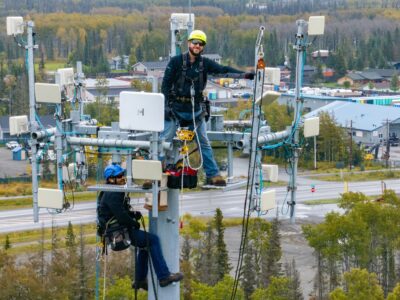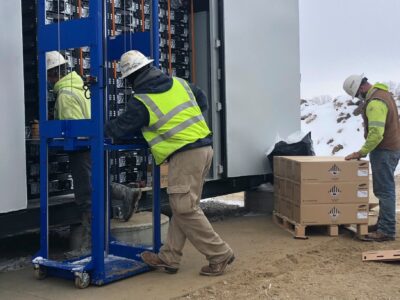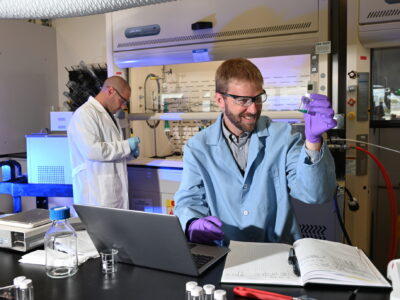Japan’s auto industry is not ignoring the electric vehicle (EV) craze. It is researching alternatives to decrease emissions and fossil fuel use without resorting to full electrification. The latest joint venture (JV) between Toyota, Mazda, and Subaru will do just that: develop engines that burn hydrogen or e-fuel.
The three automakers will work together to create new engines, motors, batteries, and other electric drive units to increase car performance.
The technology will also have trickle-down effects. Vehicle design is expected to change and get smaller, improving aerodynamic performance and increasing fuel economy. The resulting vehicles will also be entirely carbon-free, designed to burn these carbon-free fuels.
Toyota has been integrating hydrogen power into its racing engines. The power was demonstrated during the 24-hour race at Fuji Speedway in May 2021. The race was part of the Japanese Super Taikyu Series, which uses production models on the grid.
These racing engines are serving as inspiration for the JV’s upcoming projects. Racing will also be used to measure the hydrogen and e-fuel power output compared to petroleum-based gas.

Photo Courtesy Mazda
“Achieving a carbon-neutral society is a challenge that must be undertaken by all of Japan’s industries and society as a whole,” Atsushi Oskai, representative director, president, and CEO of Subaru, said in a news release. “As we continue to refine electrification technology, we will also enhance our horizontally-opposed engines with an aim to use carbon-neutral fuels in the future.”
“Moving forward, the three companies sharing the same aspiration will continue to advance the pursuit of sustainable excellence in Japanese car manufacturing,” he continued.
All three manufacturers are committed to a multi-path solution to decarbonization. The news was launched amidst an EV sales slowdown, even though Toyota experienced a solid first quarter of 2024. Many of its plug-in hybrid electric vehicles (PHEVs) are making up a 94% year-to-year increase. Lexus PHEVs and hybrids were also included in the numbers. Statistics show that Toyota had four of the top 10 passenger vehicles sold in 2023.
Toyota has also publicly said it believes in carbon-free fuels more than EVs. The company cites the burden of charging and EV reliability as the biggest issues.
Mazda and Subaru have also been slower in their respective EV rollout.
According to a CNN report, EVs emit the least emissions over a car’s lifecycle — 40% less than gas-powered cars. Hybrids offer a middle ground, producing around 17% more carbon pollution than electrics. However, they do emit fewer emissions than standard gasoline cars, and when you add in PHEV power, the owner gets fuel efficiency, range reliability, and a cheaper price tag. However, nothing is better at combatting emissions than battery EVs in a state that uses renewables to generate much of its electricity.
E-fuel is also interesting, given that it is a relatively new discovery. Synthetic methanol is made from water, hydrogen, and carbon dioxide. Its properties mimic regular gasoline while being entirely carbon-neutral.

Photo Courtesy Porsche
Two years ago, Porsche tested e-fuel’s power in Chile after partnering with Exxon-Mobil. The automaker says it will make millions of gallons of it, but deploying it remains unclear. However, it’s not hard to imagine a world where EVs and e-fuels could coexist.
Competition is also building among hydrogen engines. BMW offered a hydrogen-powered 7-Series sedan in the 2000s, but it never gained traction.
Smaller auto firms like REVO ZERO are building novel hydrogen fuel-cell (HFC) SUVs and a refueling network.
Toyota even repurposed an ‘80s Corolla with an HFC engine. Stellantis, the Netherlands-based global auto conglomerate, is researching HFC technology while expanding its EV portfolio, including American brands like Jeep and Chrysler.
Using e-fuel coincides with the joint venture’s business philosophy of a multi-faceted path, improving supply chain issues. There would also be fewer issues sourcing critical battery minerals like lithium.
“In order to provide our customers with diverse options to achieve carbon neutrality, it is necessary to take on the challenge of evolving engines that are in tune with the energy environment of the future,” Koji Sato, Toyota president, member of the board of directors, and CEO, said in a statement. “The three companies, which share the same aspirations, will refine engine technologies through friendly competition.”





